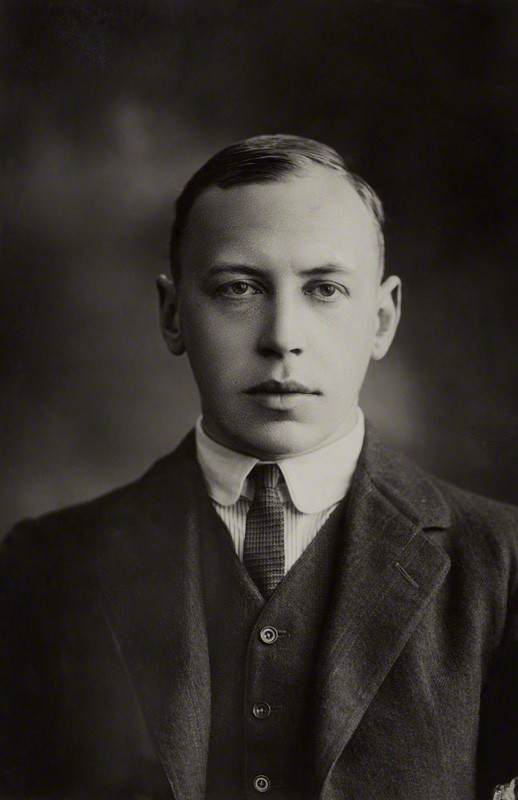At Dawn
O Hesper-Phosphor, far away
Shining, the first, the last white star,
Hear’st thou the strange, the ghostly cry,
That moan of an ancient agony
From purple forest to golden sky
Shivering over the breathless bay?
It is not the wind that wakes with the day;
For see, the gulls that wheel and call,
Beyond the tumbling white-topped bar,
Catching the sun-dawn on their wings,
Like snow-flakes or like rose-leaves fall,
Flutter and fall in airy rings;
And drift, like lilies ruffling into blossom
Upon a golden lake’s unwrinkled bosom.
Are not the forest’s deep-lashed fringes wet
With tears? Is not the voice of all regret
Breaking out of the dark earth’s heart?
She too, she too, has loved and lost; and we—
We that remember our lost Arcady,
Have we not known, we too,
The primal greenwood’s arch of blue,
The radiant clouds at sunrise curled
Around the brows of the golden world;
The marble temples, washed with dew,
To which with rosy limbs aflame
The violet-eyed Thalassian came,
Came pitiless, only to display
How soon the youthful splendour dies away;
Came, only to depart
Laughing across the gray-grown bitter sea?
For each man’s life is earth’s epitome,
And though the years bring more than aught they take,
Yet might his heart and hers well break
Remembering how one prayer must still be vain,
How one fair hope is dead,
One passion quenched, one glory fled,
With those first loves that never come again.
How many, how many generations,
Have heard that sigh in the dawn,
When the dark earth yearns to the unforgotten nations
And the old loves withdrawn,
Old loves, old lovers, wonderful and unnumbered
As waves on the wine-dark sea,
’Neath the tall white towers of Troy and the temples that slumbered;
In Thessaly?
From the beautiful palaces, from the miraculous portals,
The swift white feet are flown!
They were taintless of dust, the proud, the peerless Immortals
As they sped to their loftier throne!
Perchance they are there, earth dreams, on the shores of Hesper,
Her rosy-bosomed Hours,
Listening the wild fresh forest’s enchanted whisper,
Crowned with its new strange flowers;
Listening the great new ocean’s triumphant thunder
On the stainless unknown shore,
While that perilous queen of the world’s delight and wonder
Comes white from the foam once more.
When the mists divide with the dawn o’er those glittering waters,
Do they gaze over unoared seas—
Naiad and nymph and the woodland’s rose-crowned daughters
And the Oceanides?
Do they sing together, perchance, in that diamond splendour,
That world of dawn and dew,
With eyelids twitching to tears and with eyes grown tender,
The sweet old songs they knew,
The songs of Greece? Ah, with harp-strings mute do they falter
As the earth like a small star pales?
When the heroes launch their ship by the smoking altar
Does a memory lure their sails?
Far, far away, do their hearts resume the story
That never on earth was told,
When all those urgent oars on the waste of glory
Cast up its gold?
Are not the forest fringes wet
With tears? Is not the voice of all regret
Breaking out of the dark earth’s heart?
She too, she too, has loved and lost; and though
She turned last night in disdain
Away from the sunset-embers,
From her soul she can never depart;
She can never depart from her pain.
Vainly she strives to forget;
Beautiful in her woe,
She awakes in the dawn and remembers.
